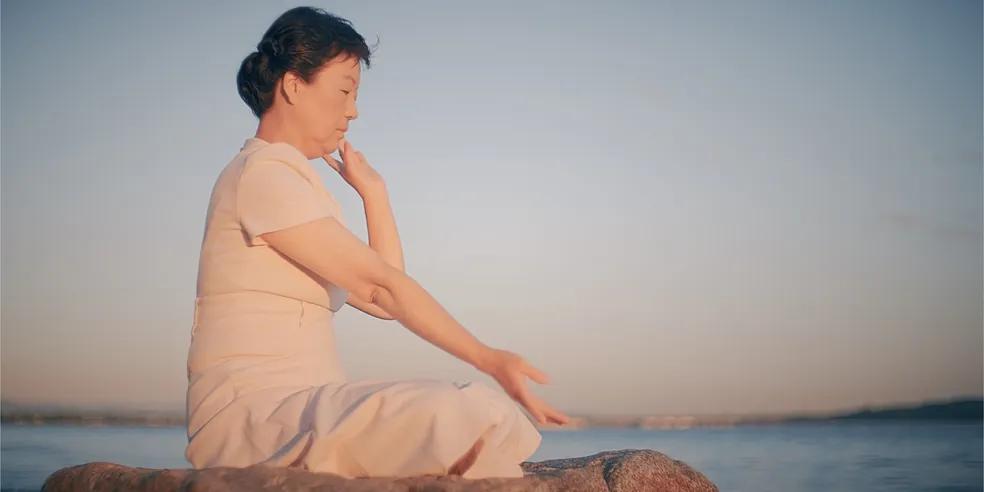A film exposing forced organ harvesting in China, featuring disturbing testimonials of torture and other human rights violations, took Southern Californians on a stirring and emotional journey over the weekend.
Director Raymond Zhang’s 75-minute documentary “State Organs” premiered at Laemmle Glendale Theatre in California on Jan. 26. The movie centers around the stories of two practitioners of the spiritual discipline Falun Gong who disappeared shortly after the Chinese Communist Party (CCP) launched a brutal persecution campaign against the practice in July 1999, with their family members going through great lengths to search for them.





